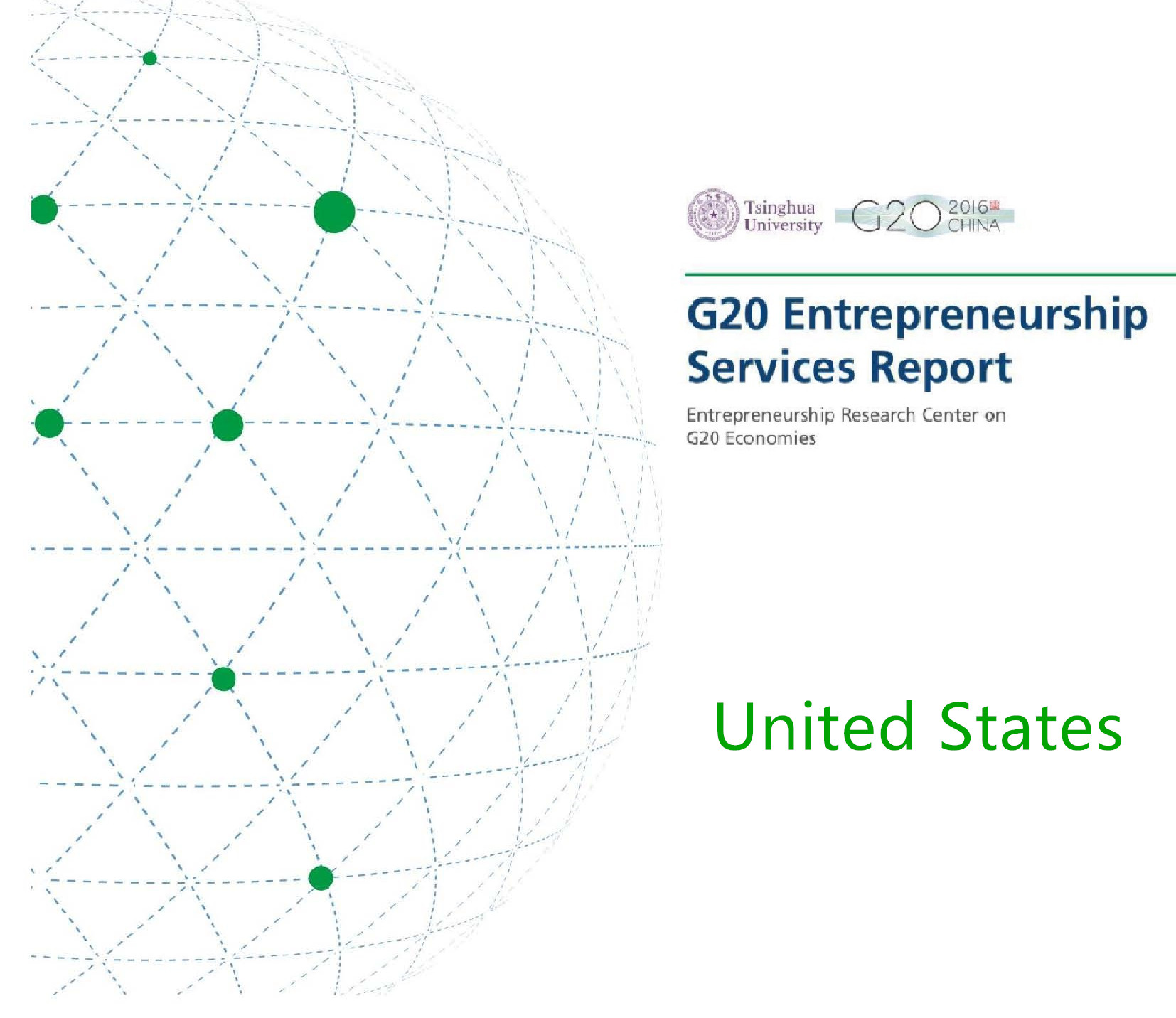
Summary
The US government believes that technological innovation and job creation are the two major functions of Small and Medium Enterprises (SMEs ) and has continuously optimized SME’s external environment through legislation. At the end of 2016, the US passed the American Innovation and Competitiveness Act, which provides a policy basis for the US government’s investment in basic research.
The US government emphasizes the efficiency and flexibility of service to reduce the administrative burdens on SMEs. Following the Regulation Flexibility Act of 1980 and the Paper Work Reduction Act, the US government passed the Regulatory Accountability Act (2017) in early 2017, aimed at reducing red tape in government departments and promoting employment, innovation and economic growth. As part of the Office of Commercial and Business Affairs (CBA) of the Department of State, the Global Entrepreneurship Program (GEP) seeks to promote entrepreneurship and stimulate innovation by coordinating government programs for the private sector and supporting entrepreneurs around the world. The 8th Global Entrepreneurship Summit (GES 2017) was held in India in November 2017. In March 2017, the White House Office of American Innovation (OAI) was set up and reports directly to the US President on improving government services, efficiency, and innovation, and promoting employment.
The Tax Cuts and Jobs Act effective in January 2018 reduced the maximum corporate income tax rate from 35% to 21%, which is another incentive after the Small Business Jobs Act of 2010 reduced the tax of 14 billion US dollars for small businesses. The US government coordinates the commercial loan department to provide financing support for entrepreneurs and SMEs. In addition, a specialized commercial banking system and venture capital firms are important financing sources. In view of the contradiction between the high financing cost of start-ups and the low financing scale of the capital market, the US government widened the channel for small businesses to connect with the capital market to make it easier for small businesses to obtain the capital they need to grow. On the basis of the Jumpstart Our Business Startups (JOBS) Act in 2012, the US government passed Chapter 3 of the JOBS Act in October 2015.
The US government promotes innovation and R&D through the Small Business Innovation Research (SBIR) and Small Business Technology Transfer (STTR) that support technology transfer innovation in universities and giving high priority to small manufacturing enterprises engaged in network security research. The Small Business Administration (SBA), the US Patent and Trademark Office (USPTO), and other government agencies, as well as many other small business service agencies provide information services for small businesses.
The US government supports the market expansion of SMEs through government procurement and export promotion. The Clarity for America' s Small Contractors Act of 2017, passed in July 2017 emphasizes the openness and transparency of government procurement to ensure that small businesses are fairly treated. The main purpose of the Small Business Payment for Performance Act of 2017 (HR 2594) submitted to the House of Representatives by the Small Business Committee in the same year is to ensure the timely payment to small businesses in government procurement. The Small Business Act stipulates that federal agencies should give special consideration to small businesses in government procurement. In addition, the Federal Procurement Regulations specify the reservation system for small businesses. Moreover, the Veterans Entrepreneurship and Small Business Development Act of 1999 provides the percentage of government procurement that should be contracted with service-disabled veteran-owned SMEs. According to the Small Business Export Enhancement Act, the US government has formulated a small business export promotion plan, which is specifically implemented by the SBA. In terms of business incubation services, the United States provides favorable conditions for entrepreneurship by creating science and technology parks and providing innovation and entrepreneurship spaces.
At present, some US higher education institutions have incorporated compulsory entrepreneurship education into the curriculum system. Increasing US universities are offering entrepreneurship education to students in all departments. The US has also incorporated entrepreneurship education into the basic education, and most states have drawn up a syllabus in the K12 education system. The US women’s entrepreneurship education and training are also making progress. The US entrepreneurial culture is typical, in which the role model encourages entrepreneurs to innovate or start their own businesses.